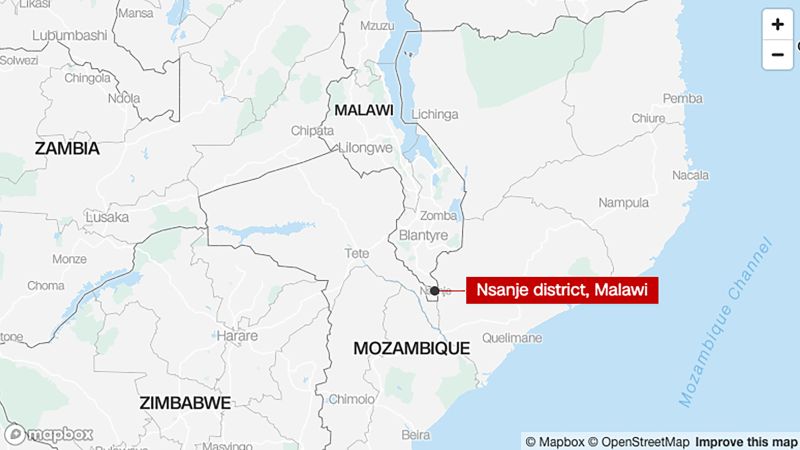The New Global Shuffle: How Shifting Economies Are Rewriting the Rules of Power
The world is moving through one of the most dramatic economic transformations in modern history. Old powers are recalibrating, emerging markets are rising, and technology is redrawing the boundaries of influence faster than governments can regulate it. What was once a predictable global order—dominated by a few major economies—is now a dynamic, decentralized system where innovation, resources, and diplomacy compete on new terms.
This “Global Shuffle” isn’t just about trade or finance. It’s about power—who holds it, how it’s used, and what the next decade will look like for nations, businesses, and individuals navigating the ripple effects.
Let’s unpack how shifting economies are rewriting the global playbook.
1. The Decline of the Old Hierarchy
For much of the 20th century, the global economic landscape revolved around a few central players: the United States, Western Europe, and Japan. But over the past two decades, that dominance has started to fracture.
Countries like China, India, Brazil, Indonesia, and Nigeria have emerged as key economic engines. They’re no longer just participants in global trade—they’re drivers of it.
China continues to expand its influence through manufacturing, infrastructure projects, and digital technology, while India is positioning itself as a global hub for innovation, IT, and renewable energy. Meanwhile, African nations are leveraging resources and youthful workforces to create new trade alliances and attract global investment.
The message is clear: economic power is no longer concentrated—it’s distributed.
2. Regional Trade Over Global Dependency
Globalization once promised open markets and shared prosperity. But recent crises—pandemics, shipping bottlenecks, and geopolitical tensions—have exposed the risks of interdependence.
Now, economies are turning inward and regionalizing. Trade blocs like the ASEAN Economic Community, the African Continental Free Trade Area, and the European Union are deepening regional ties to reduce reliance on distant partners.
Instead of one global supply chain, we’re seeing multiple regional networks emerge, each optimized for local strength. It’s a quieter but more sustainable model of globalization—one built on resilience rather than sheer scale.
For small and mid-sized economies, this is an opportunity to specialize, collaborate, and claim a larger slice of the global pie.
3. Technology: The New Frontier of Power
In the 20th century, power came from natural resources and military strength. In the 21st, it comes from data, connectivity, and innovation.
Nations that control the digital infrastructure—cloud systems, AI platforms, semiconductor production, and cybersecurity frameworks—now hold the keys to global influence.
The United States, China, and the European Union are racing to lead in AI development and data governance. Meanwhile, smaller players like Singapore, South Korea, and Israel are becoming digital powerhouses through targeted innovation and strategic investment.
This new technological race isn’t about domination—it’s about independence. The next global power balance will favor nations that can secure and sustain digital ecosystems of their own.
4. The Rise of Resource Diplomacy
Energy, water, and food security are becoming central to economic stability. As climate change disrupts supply and demand, nations rich in natural resources—like lithium in Chile, oil in Saudi Arabia, and cobalt in the Democratic Republic of Congo—are gaining renewed leverage.
The global energy transition is amplifying this effect. Countries investing heavily in renewables, such as Morocco and the UAE, are emerging as future energy exporters in a world shifting away from fossil fuels.
This shift marks a new era of resource diplomacy, where cooperation—not conquest—defines access and influence.
5. The Power of Soft Influence
While economic and technological strength remain vital, global influence today also hinges on soft power—the ability to shape culture, ideas, and public opinion.
South Korea’s global influence through music, film, and technology; the UAE’s transformation into a global innovation hub; and the EU’s role in setting environmental and ethical standards all demonstrate how culture and values can wield as much influence as capital.
The nations leading the new global order will be those that combine economic strength with cultural credibility and trust.
6. What It Means for Businesses and Individuals
For businesses, the global shuffle demands flexibility. Supply chains must diversify, operations must localize, and digital transformation can no longer be optional.
For individuals, it means opportunity—and responsibility. As economies evolve, skills in technology, communication, and adaptability are becoming global currencies. Those who understand cross-cultural dynamics and innovation ecosystems will shape the next phase of growth.
A New Balance of Power
The world is not becoming less connected—it’s becoming differently connected. Power is no longer defined by size or legacy, but by agility, innovation, and vision.
As economies shift, so too must our understanding of progress. The nations and businesses that thrive will be those that see uncertainty not as chaos, but as possibility—a chance to redefine what leadership, cooperation, and prosperity look like in the modern era.
Because in this new global shuffle, it’s not the biggest players who win—it’s the ones who move the smartest.







